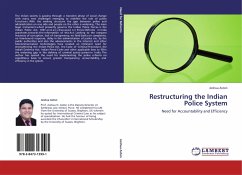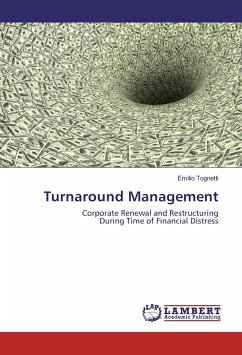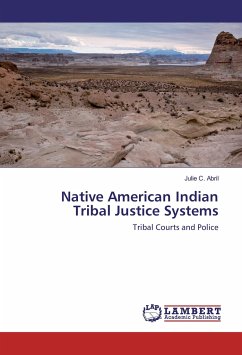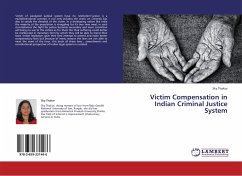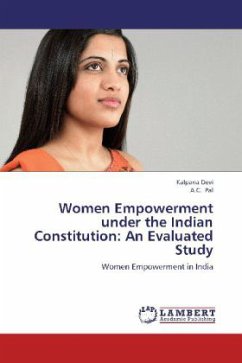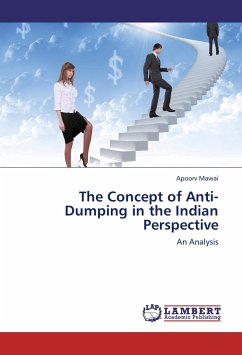The Indian society is passing through a transient phase of social change with many new challenges emerging to redefine the role of police functions. With the existing structure the gap between police and administration on one side and people on the other is widening. The main legal instrument which presently governs the Indian Police Forces is the Indian Police Act, 1861 and any discussion on Police Reforms in India gravitates towards the reformation of this Act. Looking to the rampant instances of corruption, lack of transparency, no feed-backs on complaints, no time-bound response, delay in the administration of justice etc. by the public authorities and also the advancements in the Internet and other telecommunication technologies have created an imminent need for strengthening the Indian Police Act, the Code of Criminal Procedure, the Indian Evidence Act; Indian Penal Code and other applicable laws to fill-in the widening gap in the delivery of criminal justice system in India. The author has opined the need for implementing the police reforms on expeditious basis to ensure greater transparency, accountability, and efficiency in the system.
Bitte wählen Sie Ihr Anliegen aus.
Rechnungen
Retourenschein anfordern
Bestellstatus
Storno

